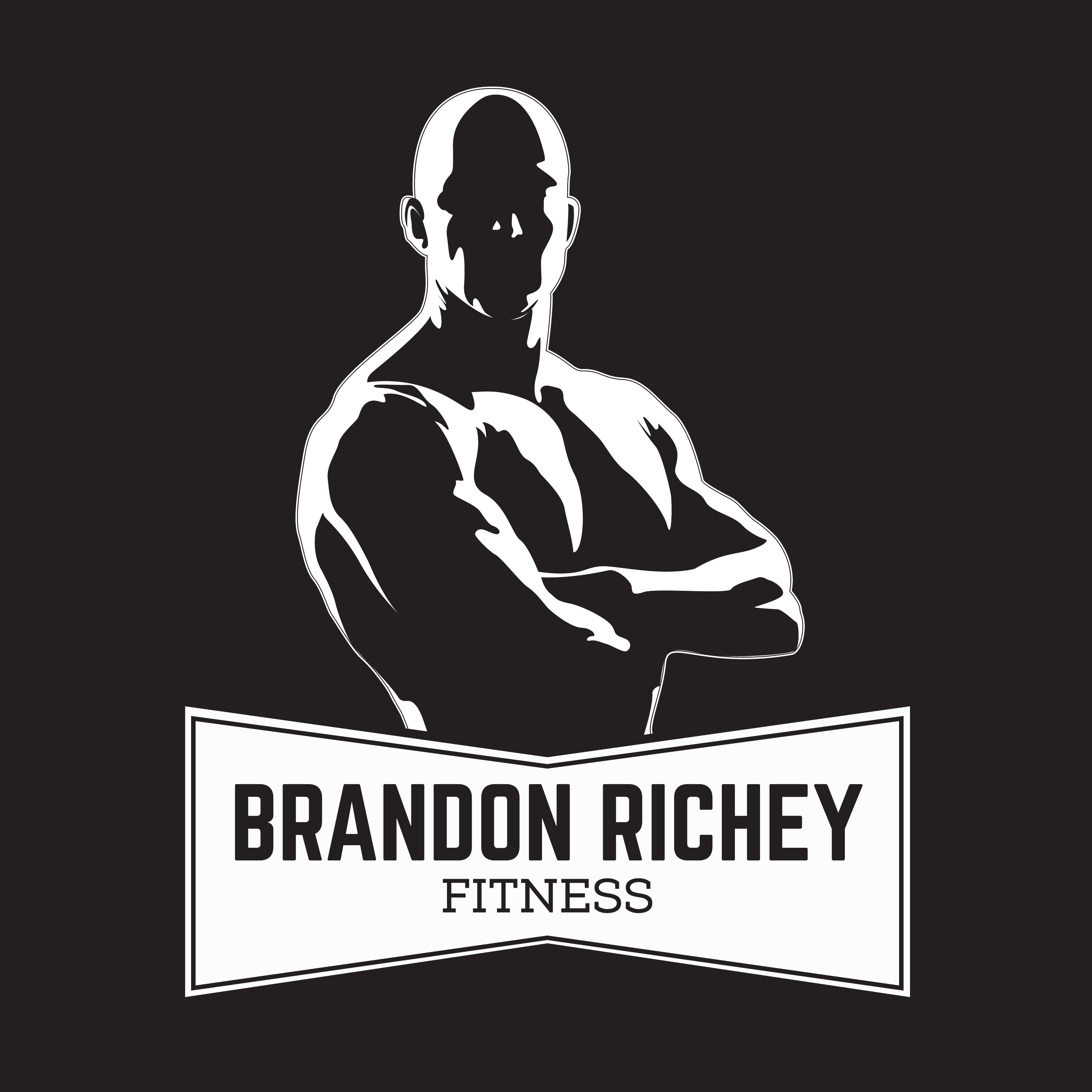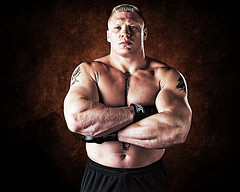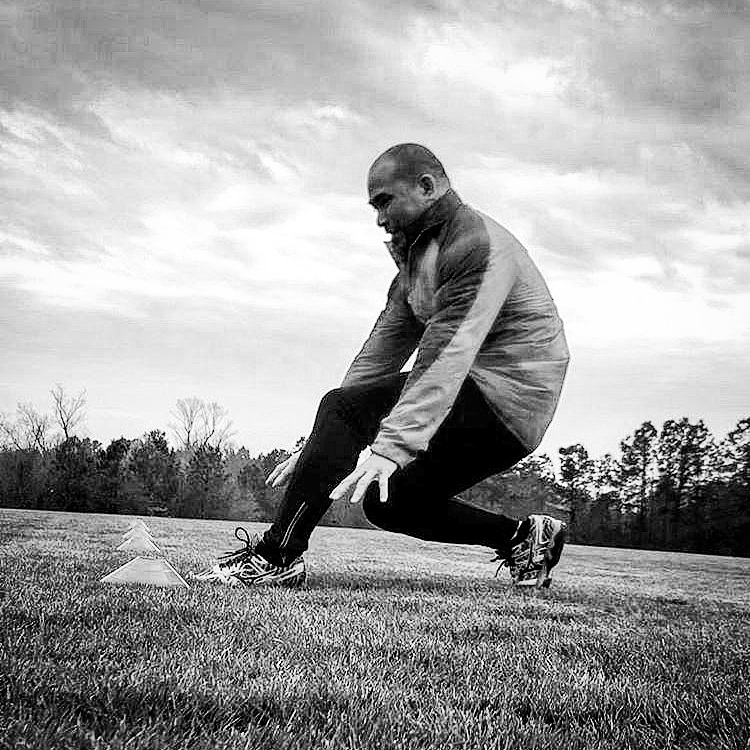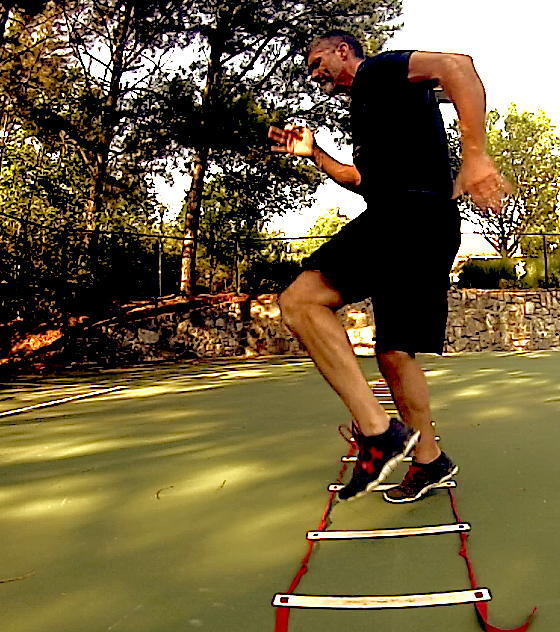
Everyone’s A Fitness Expert: Why Operation Is Untrusted In The Fitness Industry
I remember years ago having a parent approach me about training their kid for the purpose of developing speed. The kid was a football player and certainly needed speed, but most importantly he needed to develop a foundation of strength in order to be in a position to acquire speed in the first place. Of course, as a coach this was apparent to me, but to the parent this logic didn’t quite line up.
Addressing Needs
Objectively looking back this kid was fairly weak, he had a soft body, and wanted to fold up like a tent when I tested him in the 3 cone agility drill. The obvious reason for all of this is because he lacked in strength. He didn’t have the strength and stability to control his body in an environment of instability. This was the lacking trait.
Now having said this the parent was confused when one of the first things I had the kid start doing was push ups and bodyweight squats. It was something that she couldn’t compute because the kid was supposed to be participating in a “speed training” program.

See my job is to address “needs” for the purpose of progressing others towards goals, but for some reason in the strength and fitness industry many people fail to recognize, or understand this process as it plays out during the operational execution of training. For some reason when it comes to fitness and strength everyone is an expert. It’s a common theme that the operational process is untrusted to the professional by many people in the general public, particularly when they perceive themselves to be more knowledgeable than any coach or trainer.
Take Advantage And Get Module 1 Of The BRF Online Coaching Program At The New Discount!
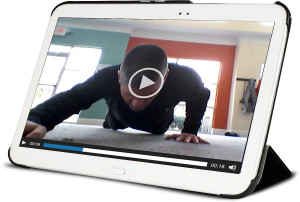 Why The Operational Process Is Not Trusted And Everyone Thinks They Are The Expert
Why The Operational Process Is Not Trusted And Everyone Thinks They Are The Expert
The point of this is that everybody wants to be the “coach” or “trainer.” Quality coaches and trainers on occasion have to justify their actions involving operation (the process that is involved in training a given individual). Operation is something that is frequently trusted to other professionals in other fields by society on a regular basis, but is something that is more frequently questioned when it comes to the field of strength and fitness.
I believe the reason for this boils down to a couple different reasons. One reason is that consumers that don’t truly understand quality in a service are more likely to be difficult customers. In addition to this the lack of understanding is more prevalent in the fitness field because most results associated with training the human body aren’t immediately visible for the most part.
It’s not the same as seeing new tires, or brakes on your car. The “fix” isn’t really seen by your average bro-science expert until some time has passed…along with assuming that the individual(s) that do accurately recognize progression can be coachable in the first place.

The struggle of many professionals in the field is creating perception, but if a coach or trainer can demonstrate competence and communicate understanding of their craft to a relative consumer the respect will follow.
This is true in any business, but it’s always been a frustrating obstacle that I’ve observed in the strength and fitness industry for years. The bottom line is that if you search for quality you will find the right professional.
Of the two reasons that I gave here regarding why consumers most often fail to trust the operation of a given fitness professional it’s the lack of understanding regarding the human body and how proper progression works. This points to the biggest overall reason in my opinion.
I mean look at it this way… if you book a flight from Atlanta to L.A. you show up to the airport, you check in your luggage, you rush to the terminal, you allow a government agent to invade your privacy, you walk on the plane and sit where they tell you to sit. You don’t question the pilots on their checklist of operation, you probably don’t question the TSA agent, or even the maintenance technician to ensure that he or she covered all their bases regarding the safety and function of the plane.
In Closing
The point here is that most people simply show up and do what they’re told, yet if a reasonable coach, or trainer starts to give instructions on how to progress a given trainee to getting faster, or stronger all the sudden everybody has questions about the operation. All the sudden everyone else is the expert.
Once again a quality coach should also be responsible for communicating knowledge and skill in their craft and in the strength and fitness industry this is paramount for being able to gain the respect of the consumer. The point is that in this industry doing this seems to present itself in much the same way as a defense lawyer would in a trial case.

The reality is that in this industry coaches and trainers are under a microscope. Of course, this is not necessarily all bad, but the sentiment I’m communicating here is that it’s a bit ridiculous that other industries seem to get a pass when it comes down to scrutinizing a particular profession. To be effective you’ve got know your craft and justify your approach…for fitness professionals this is something that is both good and bad.
Do you feel that consumers tend to question operational strategy of coaches and trainers in the fitness profession more than other fields? Don’t be shy about posting up in the comments below. Stay strong. Be better. Train smart.
Related Articles:
Devolving Strength: The Lost Meaning Of Earning
Embracing Discipline To Overcome Your Fears
Overcome The Weakness Epidemic
Get Updates And Training Guides Here
